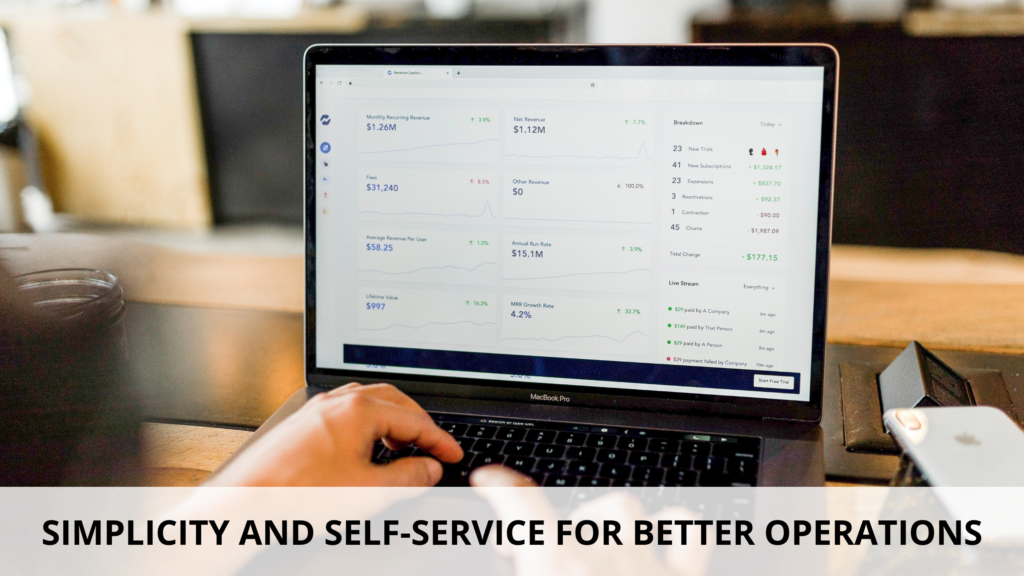“Whenever a wild card becomes possible, the future planning playbook has to be rewritten.” This quote by Tamar Kasriel, a retail futurist, speaks volumes. She was commenting that futurists had regarded the pandemic as a “wild card.” That is, an occurrence that would have big, worldwide impact, but a highly improbable event. Well, the event is here and we’re muddling our way through its big impact.
My focal point in this statement is about the rewriting of the playbook and in particular, the customer experience playbook. Customers have been cooing about their newly found freedom to transact business when and where they choose, using digital tools. As well, they’ve been signalling their interest in seeing the coming attractions that businesses have in store for them, post lockdown.
I’ve been curious about customers’ reactions to conducting business online. The majority of persons who’ve responded to my questioning have said that they have no intention of going back to the “old way” of doing business. One service provider declared to me recently that he would no longer be collecting a cheque for his services and that we should pay via direct deposit to his account. Multiply his migration by the thousands like him and we begin to see the scale of the shift to online technology. The adoption of digital tools has opened John Public’s appetite for convenience and ease of doing business. This sentiment accords nicely with the expanded tools that will have to be rolled out as part of the new “digital way” of doing business.
The adoption of digital tools has opened John Public’s appetite for convenience and ease of doing business.
CHALLENGES BUSINESSES CURRENTLY FACE
Businesses, on the other hand, are trying to catch their breath and catch a break from the body blows inflicted by the disruption. Their big worry is the battle to cope with having to triage reputation excellence, public health management and economic survivability. As we look into the future and follow the arc of the disruption, there’s even more disquieting news for businesses. We’re seeing protracted economic upheaval looming in the distance. Whew and we’re only in the fifth month of the year. No pressure.
The pandemic has brought individuals, customers and businesses to their inflection points. Individuals are having deep, existential discussions with themselves about what matters. Customers are reflecting on whether they will continue to patronize their favourite retailer, given the retailer’s socially responsible and public safety track record during the pandemic. Businesses meanwhile, faced with some or all of this contextual intelligence, have to decide on the best landing points that will keep their customers happy, whilst navigating a largely unfamiliar network of new technology and operating systems.
Individuals are having deep, existential discussions with themselves about what matters. Customers are reflecting on whether they will continue to patronize their favourite retailer, given the retailer’s socially responsible and public safety track record during the pandemic.
Perceptive businesses will connect the huge display of humanity during this crisis, to customers’ need for more sensitive displays of concern from their favourite grocer or restaurant. Customers will be inclined to do business with businesses that have displayed a “social conscience” and not just revenue chasing behaviour.

SIMPLICITY, SELF-SERVICE, SOCIAL RESPONSIBILITY; SOME OF THE CURRENT DRIVERS OF BUSINESS
But let’s focus on the “social conscience” forces that are reshaping customer personas amidst this crisis. The “next normal” may demand that businesses re-introduce themselves with a renewed commitment to values that reflect kindness, care and concern for their customers, employees and social causes. As this “customer friendly touch” begins to gain traction, businesses that amplify simplicity and empathy actions will benefit.
Simplicity means that businesses will begin to pinpoint and expunge the majority of complexities associated with transactions. Will electronic signatures, chatbots, interactive teller machines, a single bank card that enables all transactions, contactless payments and self approved loans become commonplace? Will in-person visits to business places become a thing of the past? The answer is yes, in time. Bear in mind that while Trinidad and Tobago, as well as the Caribbean region are typically two to three years behind the rest of the world in digital adoption and adaptation, our acceleration into the digital age will continue. Slowly maybe, but surely.
Simplicity means that businesses will begin to pinpoint and expunge the majority of complexities associated with transactions.
An overabundance of empathy has been on display at a national level. Customers in their citizen incarnations, have been extending goodwill and humanitarian assistance to those less fortunate and now are highly sensitive to the level of care that they expect, in turn, from businesses. What customers have been giving, they will now expect to receive. Businesses that are powered by a “customer first” philosophy, will not miss this marker. They would have already communicated to their people that nothing is too much trouble in service delivery.
So, let me address the elephant in the room. Are any of these service delivery notions new? Absolutely not! Are the customer expectations markers new? Again, absolutely not! What’s new is the context and the climate in which we now find ourselves. The ravages of the pandemic have caused people to recalibrate first, what’s important and what matters to them. Next, to begin judging their service providers with a more deliberate yardstick that is connected to higher order values systems and how those values translate into the treatment of the customer.
Business leaders, as you continue to roadmap your navigation out of this lockdown, how will you translate lessons learnt into determining how you will re-introduce your business to your customers? Now is the time to decide how your business will stand out in a sea of sameness. “Differentiation is power.” You’re armed with intelligence, hindsight and insight. How will you use these three data sets to scale up your service excellence foresight?
We must not be simply good at making noise as we have in the past about service excellence. We now need to be good at making the moves to create a differentiated customer reality. By choice.

